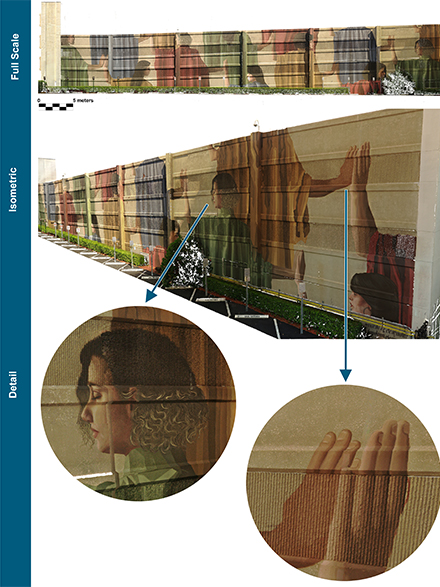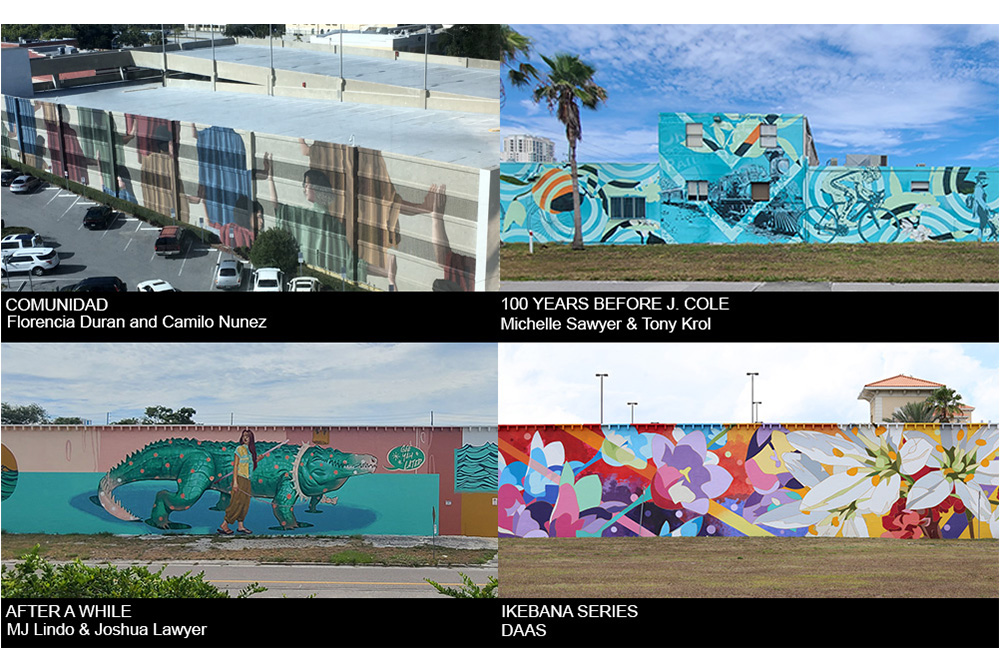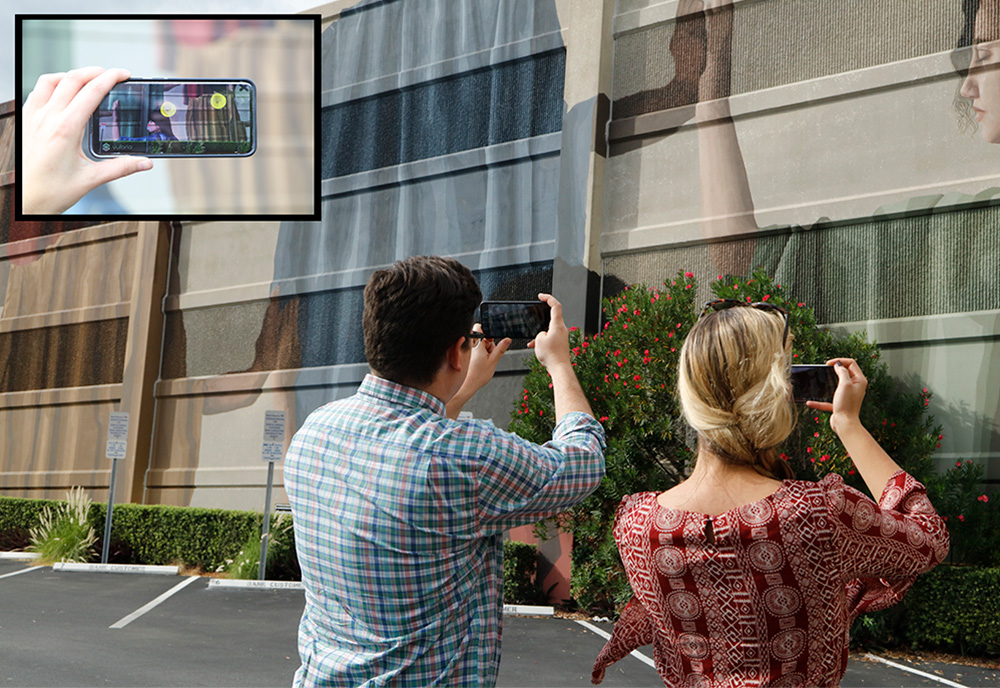
Traditionally, urban renewal has focused on transforming the physical fabric of blighted cities by demolishing old buildings, improving infrastructure, and developing programs to drive economic development. In recent years, urban revitalization has entered a new phase, characterized by the merging of physical and digital worlds. City planners have focused on integrating digital technologies into their regeneration efforts – giving rise to the development of smart cities, which integrate information and communication technologies (ICT) such as 5G, AI, and cloud computing into both the management and revitalization of cities.
Downtown Clearwater has been particularly affected by private disinvestment in its downtown core in recent decades, in contrast to Tampa and St. Petersburg, which have experienced a resurgence during that time. Yet, there is a strong desire for downtown Clearwater to reclaim its space as the historic urban core and establish itself as a leader in the realm of arts and technology; already, Clearwater contains a booming tech industry with more than 50 IT/software companies. Growth in the city’s tech sector has created a demand for revitalizing the city to attract new workers, spur economic development, and transform downtown into an attractive place to live and work.
In 1981, the Clearwater City Council established the Clearwater Redevelopment Agency (CRA) as an independent agency with a focus on downtown revitalization. One of the key goals of the CRA is to drive the beautification of public spaces with innovative arts and culture projects. Since 2019, the CRA has partnered with the University of South Florida’s(USF) Access 3D Lab and Advanced Visualization Center to develop an immersive public art experience called ARTours Clearwater: An Interactive Journey through Clearwater’s Murals with Augmented Reality (Fig. 1). The project is unique in that it not only brings murals to life but places them along a half-mile public art route that weaves through downtown – which is a first not only for Clearwater but also for the Tampa Bay region.
This innovative project uses AR technology to bring four of Clearwater’s dynamic new downtown murals to life, by superimposing computer-generated data (including animations, graphics, videos, and music) on top of a real‐world view, as captured from the camera of a computer or mobile device. The app augments a user’s view of the mural and its surroundings – transforming the experience of viewing public art from passive to interactive. The goal is to drive increased foot traffic to downtown Clearwater with an experience that sparks surprise and delight.
To create the experience, Dr. Laura Harrison of USF’s Access 3D Lab and her team documented four of the downtown Clearwater murals with Faro Focus lidar scanners (Fig. 2). These scanners generate highly accurate measurements of the artwork, which ensure that the AR app’s animations trigger appropriately. Once the scans were processed and exported, they were handed over to Dr. Howard Kaplan and his team at the USF Advanced Virtualization Center, who developed the app using Vuforia and Unity. Dr. Kaplan, Dr. Harrison, and the CRA team collaborated to storyboard the app experience – analyzing the stories behind each mural and developing animated hotspots that draw users into unique visual stories.

The largest mural, Comunidad, features portraits of multicultural women joining each other in dance (Fig. 3). The visuals contain short, playful animations of flowing paint with rhythmic music in addition to longer montages, videos, and animated sequences that add depth to narratives of portraiture, female empowerment, dancing, and community engagement.
Additional murals along the route include Ikebana Series (Fig. 4), which depicts an ikebana flower arrangement and comes to life with bursts of color, flower blooms, and buzzing insects and hummingbirds; After a While, a playful image of an alligator on a leash that comes to life in a richly animated aquatic environment; and 100 Years Before J. Cole, a celebration of the region’s history with animations, pays homage to the historic Orange Belt Railway that cut through Florida’s orange groves. The current Pinellas Trail bike path follows the route of the original railway.
In 2021, a paper describing the project won the international Web3D conference’s Best Paper Award, for its innovative blend of art, technology, and culture. The AR walking tour will launch to the public in early 2023, accompanied by a free app that can be downloaded in the Google Play and iOS stores.
